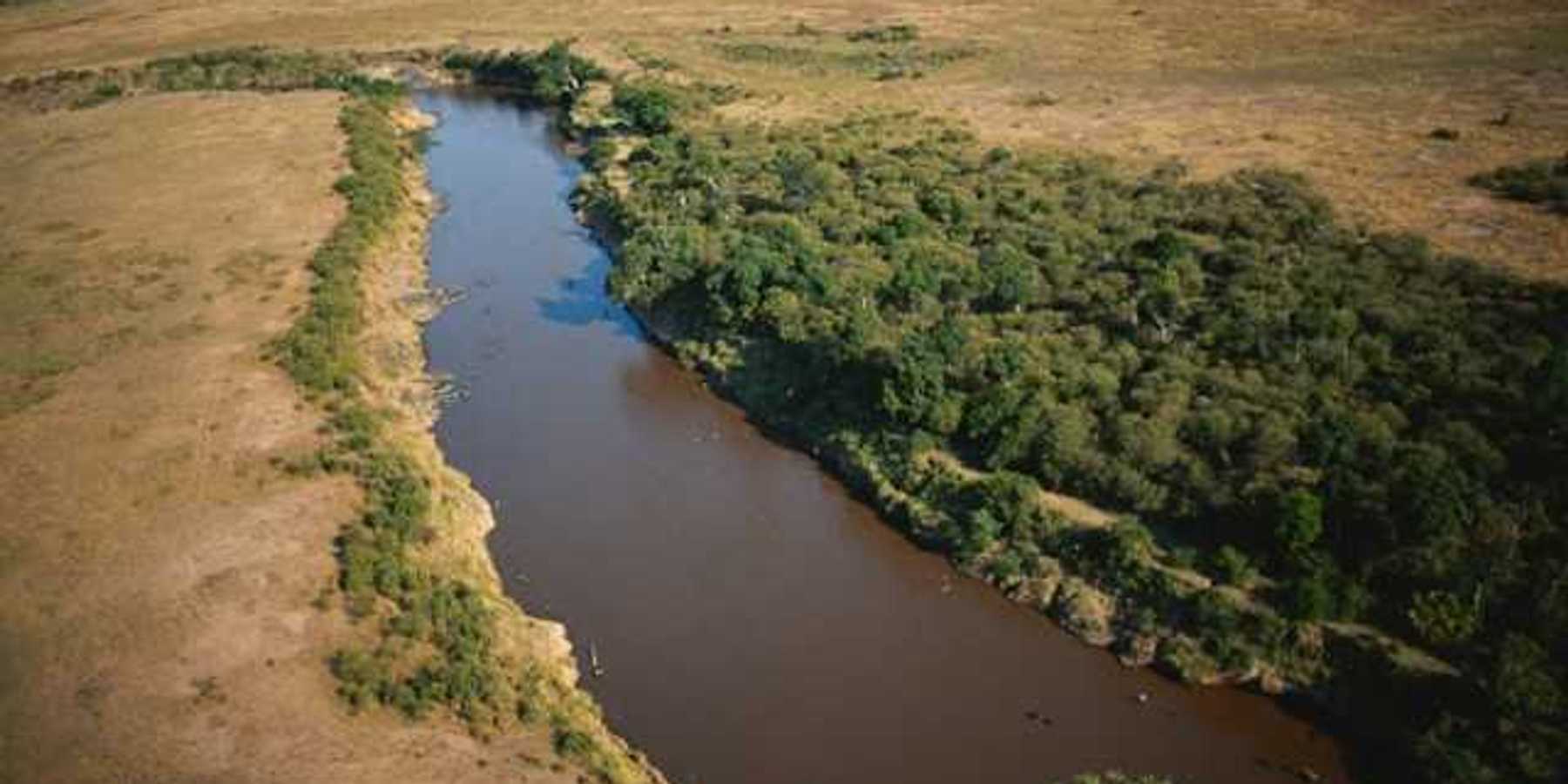
Peter Dykstra: Midterms go eco-AWOL
Climate and environmental issues were deeply impacted by the midterm elections, but once again, were absent from any prominent discussion
Every 45 minutes or so on Election Day, I was treated to the televised strains of "Come Fly With Me," a 1957 crooners' standard made famous by Frank Sinatra.
The occasion? It was the sound bed for an American Petroleum Institute ad reminding Democracy lovers how indispensable its members' products are.
And the relevance? The oily, gassy API ads were the closest anyone came on Election Day to mentioning what many of us regard as the key issue of our lifetimes. And it's not just "us."
In an October Fox News poll of likely midterm voters, more than one-third of respondents rated climate change as "extremely" important to their voting decisions. One-third may seem distressingly low to some of us, but doesn't it rate at least a little bit more than near-silence?
In truth, ignoring climate change is a time-honored tradition in national politics. October 15 this year was the tenth anniversary of the last time a presidential debate included a climate question – and the veteran moderator botched the question: Bob Schieffer of CBS News asked Senators Obama and McCain about "climate control," – a term favored by plumbers measuring building temperature, not scientists measuring disappearing glaciers. (McCain quickly corrected him.)
But let's move from a rant to how some climate-relevant legislators fared at the polls. Marsha Blackburn, a Tea Party-ish Tennessee congresswoman, captured a Senate seat. A staunch climate denier, the Senator-elect's most shining moment occurred in 2012, when she fought a gallant battle against more energy efficient light bulbs on the grounds that our soldiers have fought and died to protect our freedom to be dim bulbs.
Dave Brat, and his 1 percent career score from the League of Conservation Voters, was ousted from his Virginia district by newcomer Abigail Spanberger.
In California, Dana Rohrabacher's 30-year career of repping Orange County came to an end. A lover of surfing and foe of the Clean Water Act, Rohrabacher also professed to love science but hate climate science. Democratic businessman Harley Rouda narrowly beat him.
Now THAT's what I call redistricting
Both major parties have engaged in the noxious practice of gerrymandering – creating Congressional districts that look like they were drawn by Picasso in order to capture as many seats as possible.
But the GOP and Dems have nothing on Mother Nature, who is poised to re-shape coastal districts from Corpus Christi to Cape Cod.
Republican Carlos Curbelo's south Florida district could completely disappear under rising seas. Curbelo helped found the Congressional Climate Caucus. But as environmental leaders lamented at a post-election briefing on Wednesday, the bipartisan caucus has accomplished little. He lost his job on Tuesday to Democrat Debbie Mucarsel-Powell.
Remember the push to get scientists to become politicians?
Sean Casten has postgraduate credentials in molecular biology and engineering, and he's the new Congressman from Illinois. Casten is also a clean energy entrepreneur, and talks a big game on climate. He defeated six-term Congressman Peter Roskam, who was criticized for ignoring pollution from a local factory.
Fond farewells
Retiring House Science Committee Chair Lamar Smith had turned his hearing room into an inquisition chamber for climate scientists. Also quitting is fellow Texan "Smokey Joe" Barton, so christened by enviros for his teenage crush on petroleum; in 2010, Barton demanded that President Obama apologize to BP for his harsh words over the Gulf oil spill.
Term-limited Maine governor Paul LePage dismissed BPA risks by saying the worst case would be "women with little beards."
Rep. Darrel Issa, who pushed to investigate climate scientists, retired and was replaced by Mike Harkey, a Dem with strong environmental and clean energy credentials.
Final rant: Negative ads, but not on environment
For all of the vile, truth-stomping attack ads that oozed from our TV's this year, I could only find one specific to the environment. The aforementioned, soon-to-be-ex Congressman Carlos Curbelo used third-party ads to attack the woman who defeated him, Debbie Mucarsel Powell for allegedly taking coal money. You see, her supporter, Tom Steyer once worked for a firm that invested in coal, so there you go.
Here in Georgia we were buried with non-environment attack ads in which both parties tried to make their opponents look like thugs, playing voters for fools while enriching campaign consultants and the broadcasters that sell them airtime. Prominently featured were slo-mo, black-and-white images of the puppetmasters, Pelosi and McConnell, designed to add 20 years to the mid-septuagenarians and make them look as ghastly as possible.
We'll know environmental issues have hit the political bigtime when politicians routinely use these ads to pollute the environmental discussion.
Boy oh boy, I can't wait.













